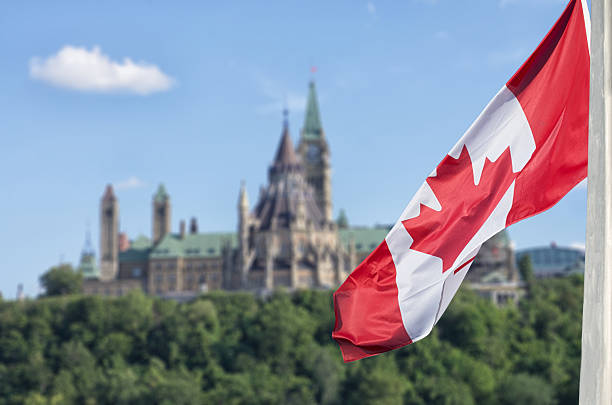
Students pen editorial for The Conversation
SENS PhD candidate Magali Nehemy, Geography PhD candidate and MSEM alumna Kelechi Nwanekezie and Geography MSc graduate Josh Cronmiller penned an article for The Conversation suggesting ways to improve the government's use of science.
How to improve government's use of science
By: Josh Cronmiller, Kelechi Nwanekezie, Magali F. Nehemy
Outlet: The Conversation
Several prominent scientists have been brought into the government fold in recent years to strengthen decision-making at provincial and federal levels.
In 2017, Mona Nemer became Canada’s new chief science adviser, and Ontario appointed Molly Shoichet as its first-ever chief scientist. The previous year, Alberta Environment and Parks placed Fred Wrona in the role of chief scientist.
These researchers are poised to make important contributions to environmental policy and decision-making because they link scientists to deputy ministers and elected leadership. Despite the fanfare around their appointments, we still know little about how much influence they will have within government.
If these chief scientists are to be successful in strengthening the representation of science within government as promised, it’s worthwhile discussing what might hamper or assist them in their efforts.
This is especially true for some of the environmental challenges we face in Canada, due in part to the large volume of scientific evidence needed for implementing effective policies and decisions.
The outcome could be a more resilient environmental governance model that lends accountability to land-use and policy decisions, regardless of the political party in charge.
Finish the article over at The Conversation

